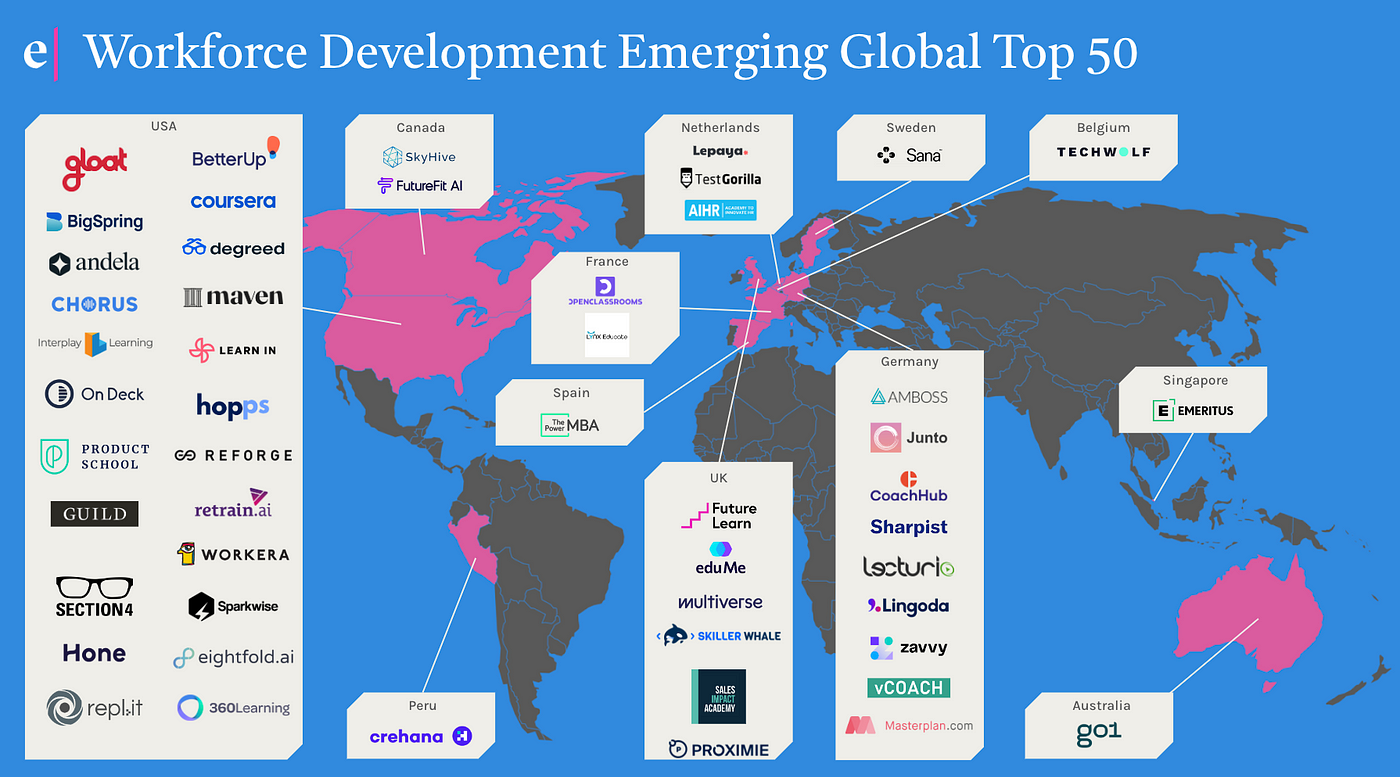Introduction to Technology Giants
In an era where technology drives nearly every aspect of our lives, the influence of major tech corporations has reached unprecedented levels. These giants aren’t just shaping industries; they are redefining concepts of security on a global scale. With their vast resources and innovative capabilities, companies like Google, Amazon, and Facebook hold immense power over data collection, surveillance practices, and cybersecurity measures. But what does this mean for individuals and nations alike? As these companies expand their reach into national defense and public safety areas, we must ask ourselves: How do technology giants control global security? Join us as we delve into this complex landscape to uncover the layers beneath the surface.
The Growing Influence of Technology on Global Security
The role of technology in global security is expanding rapidly. With each passing year, the stakes grow higher as threats evolve.
Governments and organizations now rely on advanced technologies to protect their interests. From drones monitoring borders to satellites tracking suspicious activities, innovation shapes how security is approached.
Moreover, social media platforms have become tools for both awareness and misinformation. They can rally support during crises or spread panic with false information.
Emerging technologies like blockchain are enhancing data integrity while ensuring transparency in operations. More secure transactions reduce fraud risks significantly.
As we embrace these changes, adaptability becomes crucial. The landscape is shifting; traditional methods alone cannot address modern challenges effectively.
Technology giants are at the forefront of this evolution, influencing policies and practices worldwide as they develop cutting-edge solutions for complex security dilemmas.
Data Collection and Surveillance
Data collection has become a cornerstone of modern security practices. Technology giants are at the forefront, harnessing vast amounts of information from users worldwide. This data fuels their algorithms and shapes policies that can impact global stability.
Surveillance tools have evolved significantly. What was once limited to government agencies is now accessible to corporations. These companies collect data not only for targeted advertising but also under the guise of enhancing security measures.
The implications grow as real-time monitoring becomes more sophisticated. Facial recognition technologies and location tracking enable unprecedented levels of oversight. This raises urgent questions about privacy rights and individual freedoms.
While proponents argue these efforts enhance safety, critics warn against potential abuses of power. The thin line between protecting citizens and infringing on civil liberties continues to blur, creating a complex web in which technology giants play an influential role in shaping our world.
Cybersecurity Threats and Responses
Cybersecurity threats are evolving rapidly. Hackers and malicious entities are becoming more sophisticated, targeting both individuals and large organizations. They exploit vulnerabilities in systems to gain unauthorized access, often leading to data breaches or financial losses.
Technology giants play a crucial role in addressing these challenges. They invest heavily in advanced security measures like encryption and multi-factor authentication. These tools help protect sensitive information from falling into the wrong hands.
In response to increasing cyberattacks, companies also emphasize employee training programs. Educated employees can recognize phishing attempts and other potential risks before they escalate into serious issues.
Moreover, collaboration among tech firms is vital for sharing threat intelligence. By working together, they can develop proactive strategies that enhance overall cybersecurity resilience across industries and nations alike. Such partnerships create a robust defense against the relentless tide of cyber threats facing our interconnected world daily.
Artificial Intelligence in Security Measures
Artificial Intelligence (AI) is revolutionizing security measures across the globe. With its ability to analyze vast amounts of data quickly, AI enhances threat detection far beyond human capabilities.
From identifying unusual patterns in network traffic to recognizing faces in crowded spaces, the applications are diverse and impactful. This technology enables organizations to respond more rapidly to potential threats.
Moreover, machine learning algorithms continuously improve by learning from new data inputs. They adapt and refine their predictions over time, making systems smarter and more efficient.
Yet, reliance on AI for security raises important questions about accountability and transparency. If an algorithm makes a mistake, who bears the responsibility? As this technology evolves, so must our understanding of its implications for privacy and civil liberties.
Balancing innovation with ethical considerations becomes essential as we integrate AI deeper into our security infrastructure.
Ethical Concerns and Regulations
The rise of technology giants has sparked intense debate about ethics in global security. Their access to vast amounts of data raises questions about privacy and individual rights. Are we sacrificing our freedom for the sake of safety?
Regulations are often slow to catch up with technological advancements. This gap can lead to misuse or abuse of power by these corporations. They hold significant influence over how data is collected, used, and shared.
Moreover, the lack of transparency complicates matters further. Citizens remain unaware of who monitors their online activities and for what purposes.
Calls for stricter regulations grow louder as cases of surveillance overreach surface regularly. Balancing national security interests with civil liberties is a delicate task that requires urgent attention from policymakers worldwide.
As tech continues to evolve, so must our frameworks governing ethical considerations in security practices.
Future Implications and Solutions
As technology giants continue to shape global security, the future holds both promise and challenges. The integration of advanced technologies will likely redefine how nations collaborate on security matters.
Emerging solutions such as blockchain could enhance transparency in data sharing. This innovation might reduce mistrust among stakeholders while ensuring secure transactions.
Moreover, public-private partnerships could provide a framework for managing cybersecurity threats effectively. Engaging tech companies in national defense strategies can create a more resilient infrastructure against attacks.
Regulations must evolve alongside these technologies to address ethical concerns. Clear guidelines will help safeguard individual privacy without stifling innovation.
Investing in education is crucial too. Developing skills related to AI and cybersecurity ensures that societies are prepared for the complexities ahead. Empowered citizens can actively partake in shaping policies that influence their safety and well-being, reflecting a collective responsibility towards securing our digital future.
Conclusion
The landscape of global security is rapidly evolving, influenced heavily by the actions and strategies of technology giants. These organizations have transformed how we perceive safety and privacy through their innovative solutions. The ability to collect vast amounts of data gives them unparalleled insights into potential threats.
As they wield this power, questions arise about ethics in surveillance practices. While technology can enhance security measures, it often blurs the lines between protection and intrusion. Striking a balance remains crucial as regulations struggle to keep pace with technological advancements.
Artificial intelligence has become an essential tool for these companies, providing sophisticated responses to emerging cybersecurity threats. Yet, with such capabilities comes responsibility—ensuring that AI is deployed ethically and effectively.
Looking ahead, collaboration among tech firms, governments, and regulatory bodies will be vital in shaping a secure future. Transparency should guide their operations while addressing public concerns about privacy infringement.
The influence of technology giants on global security continues to grow. As society navigates this intricate web of innovation and control, ongoing dialogue about ethical implications must remain at the forefront. The path forward will require concerted efforts from all stakeholders involved to create a safer world without compromising fundamental rights.





